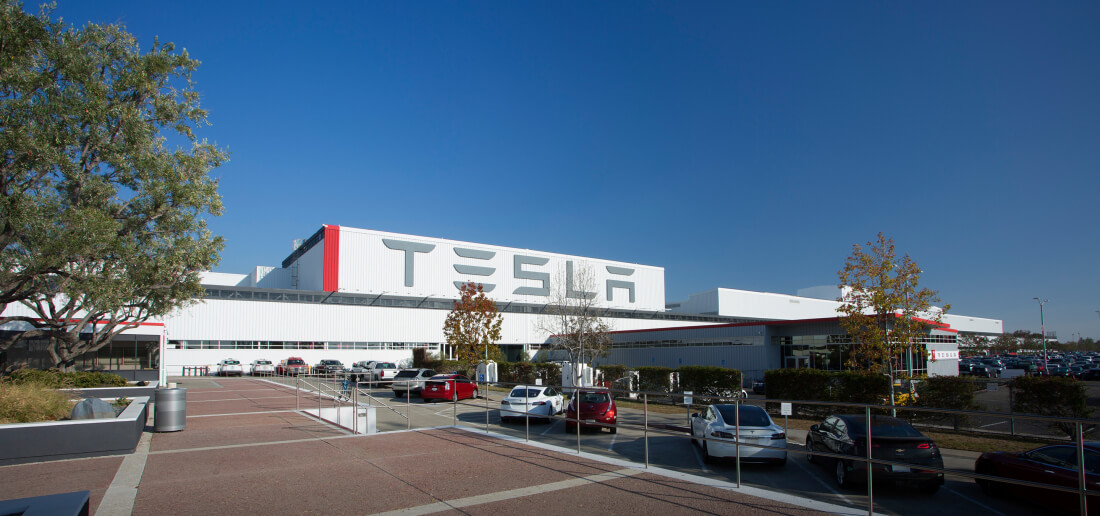
The United Automobile Workers has been trying to unionize factory workers at Tesla's plant on Fremont, California for a few months. The union is known for securing higher wages and safer working conditions for its members, but it has been receiving considerable backlash over this newest effort. They have pressured local media groups in "a concerted and professional media push intended to raise questions about safety at Tesla." In response to this, Tesla has strongly criticized the union and its methods which CEO Elon Musk says are based on anecdotes.
Tesla appears to be proactively trying to discredit the union before they gain significant traction. In a blog post over the weekend, Tesla has reiterated their goal of creating the safest car factory in the world. Tesla has "received calls from multiple journalists at different publications, all around the same time, with similar allegations from seemingly similar sources about safety in the Tesla factory. Safety is an issue the UAW frequently raises in campaigns it runs against companies, and a topic its organizers have been promoting on social media about Tesla.”
The main benchmark of a factory's safety is its Total Recordable Incident Rate (TRIR). This is a measure of the number of OSHA incidents recorded over the total number of hours worked by employees. When the UAW first began their campaign back in February, Tesla had a TRIR of under 3.3. This is less than half of the industry average of 6.7. Since then, Tesla's TRIR has increased to 4.6 but that is still well below the average.
Of course even one accident is too many so Tesla has continued to implement additional safety precautions as outlined in their statement. Musk is well known to be anti-union and believes their interests “are not aligned with Tesla’s mission to accelerate the advent of sustainable energy.” His view is that workers will choose Tesla’s stock options over union dues.